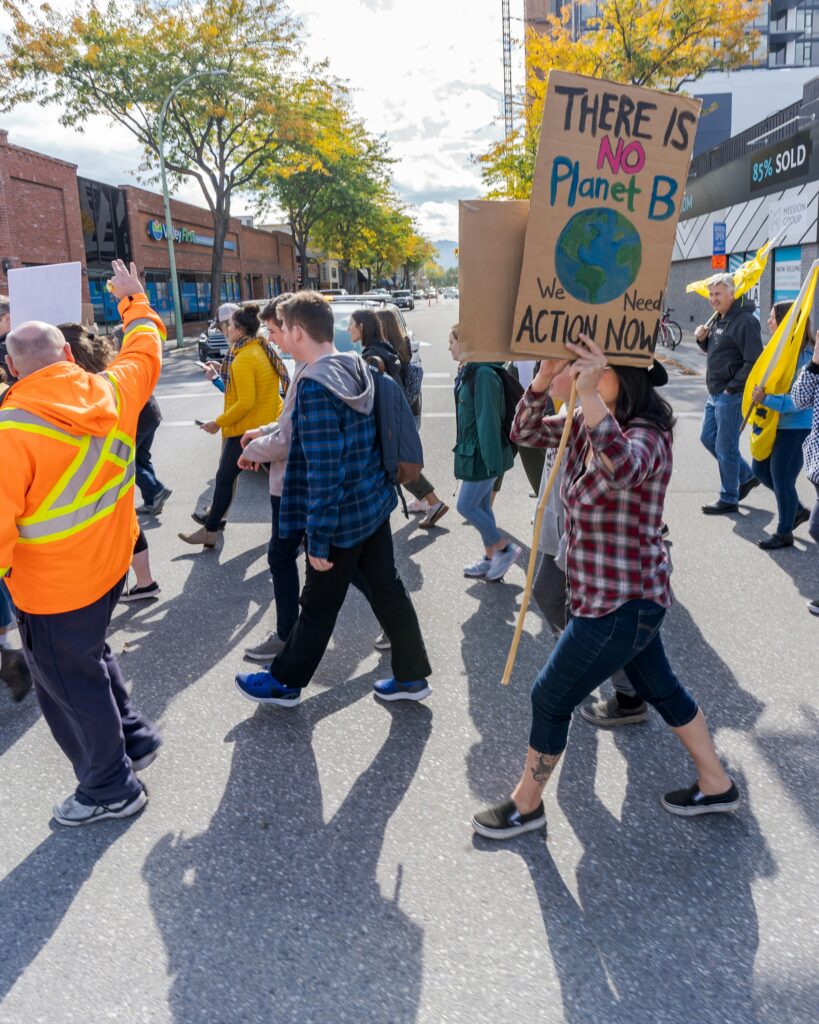Combat climate change, restore nature, ensure a sustainable future.
“The greatest threat to our planet is the belief that someone else will save it.” — Robert Swan
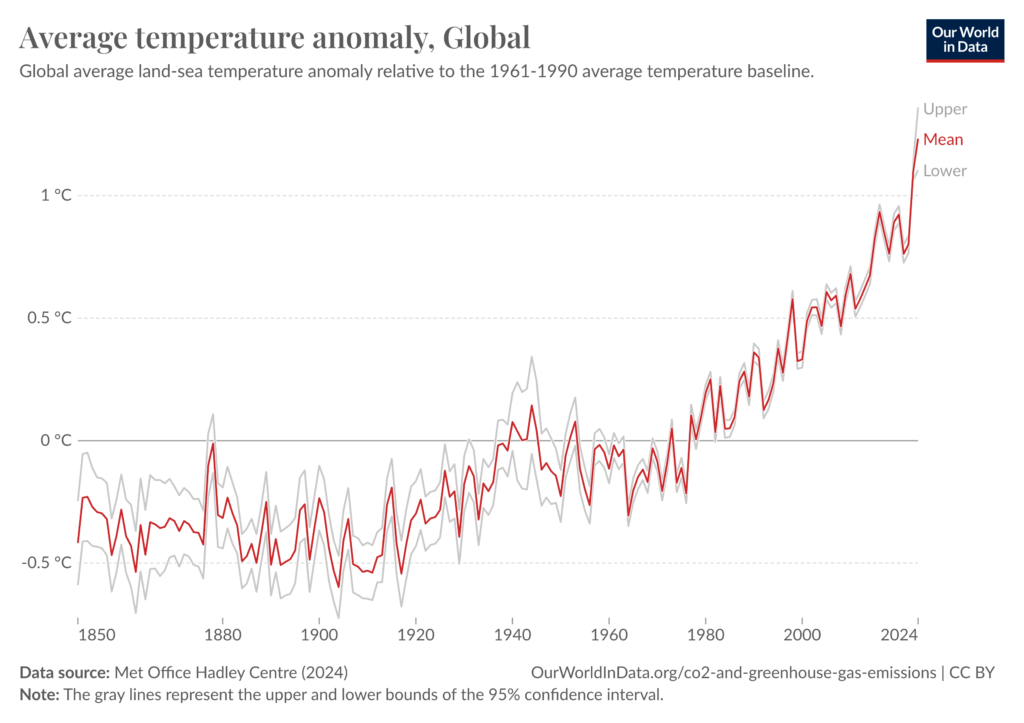
As we approach a world of 10 billion people, climate change stands as one of our greatest challenges. It’s not just an environmental issue—it’s a threat to our economies, health, security, and the very fabric of our societies. Yet, with collective action and innovation, we have the power to mitigate its worst effects and adapt to the changes already set in motion.
The Scale of the Challenge
- Global temperatures have risen by about 1.5°C since pre-industrial times, pushing our planet closer to the brink of ecological collapse.
- Sea levels are rising at around 4 mm per year and accelerating
- Extreme weather events are becoming more frequent and intense
- Up to 1 million species are at risk of extinction due to climate-related factors, threatening the stability of ecosystems and the services they provide, which are vital to human survival.
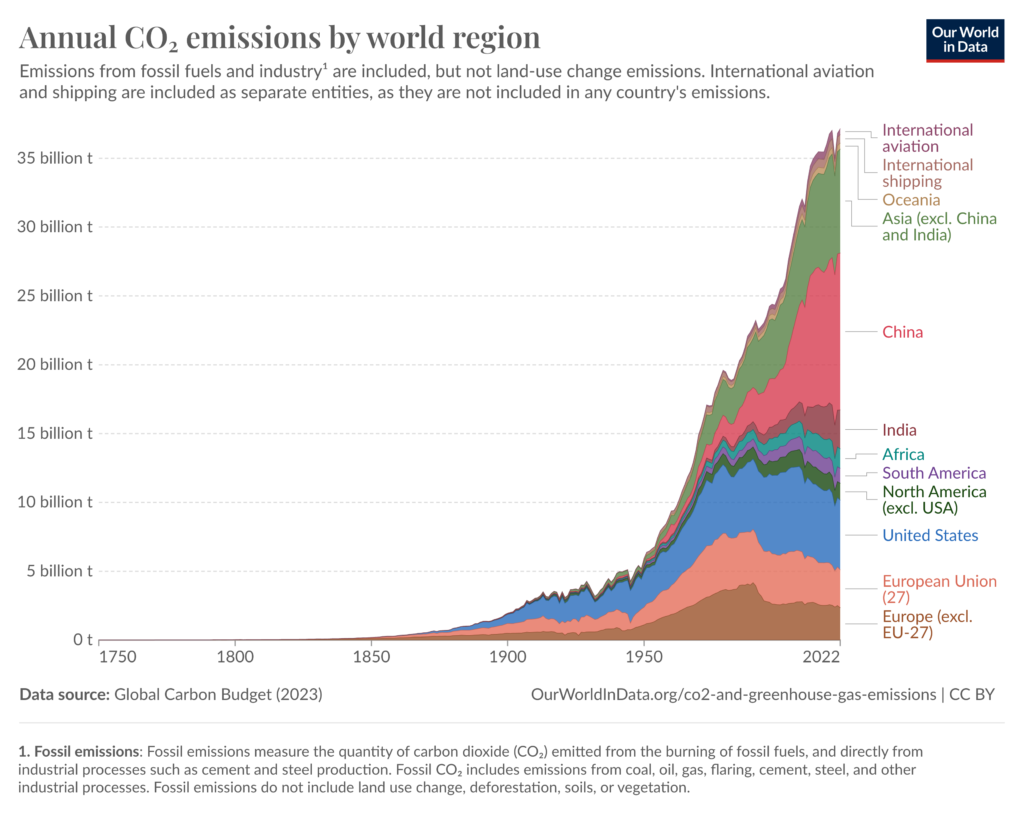
Why It Matters
“We may be the first generation to feel the effect of climate change and the last generation who can do something about it.” — Jay Inslee
Climate change and the potential for ecological collapse affect every aspect of human life:
- Food Security: Changing weather patterns threaten agricultural productivity
- Water Availability: Droughts and flooding impact freshwater resources
- Health: Rising temperatures expand the range of infectious diseases
- Economic Stability: Climate-related disasters and ecological degradation cause billions in damages annually and pose long-term risks to global economies.
- Displacement: Rising seas, extreme weather, and the collapse of ecosystems could create millions of climate refugees and destabilize entire regions.
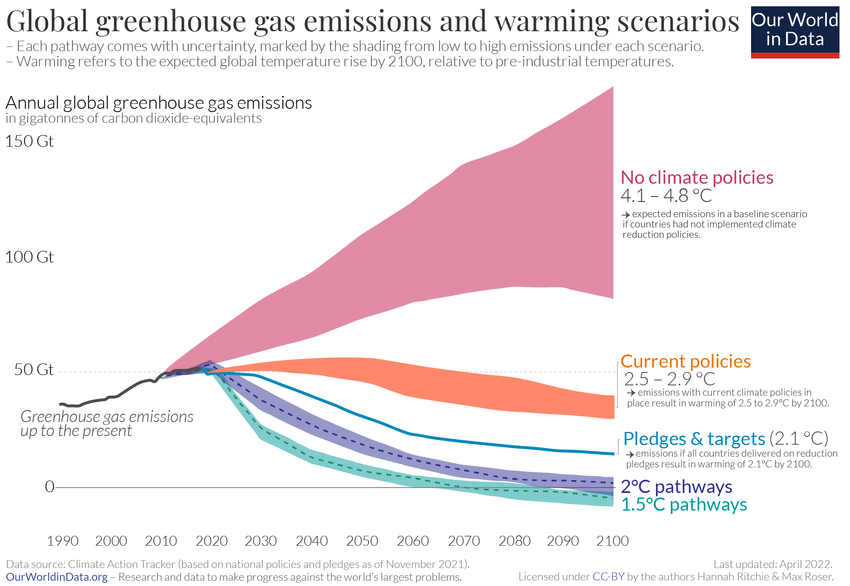
The Path Forward: Mitigation
Mitigating climate change and preventing ecological collapse means reducing or preventing greenhouse gas emissions and preserving biodiversity. Key strategies include:
- Transition to Clean Energy
• Rapidly scale up renewable energy sources like solar and wind
• Improve energy efficiency across all sectors
• Develop and deploy energy storage solutions - Transform Transportation
• Electrify vehicles and expand public transit
• Develop sustainable aviation and shipping fuels
• Create walkable, bike-friendly cities - Revolutionize Industry
• Implement circular economy principles
• Develop low-carbon manufacturing processes
• Reduce and capture industrial emissions - Reimagine Agriculture and Land Use
• Adopt regenerative farming practices that restore soil health and biodiversity
• Halt deforestation, expand reforestation efforts, and protect existing ecosystems to prevent ecological collapse
• Shift towards more plant-based diets to reduce the environmental footprint of food production
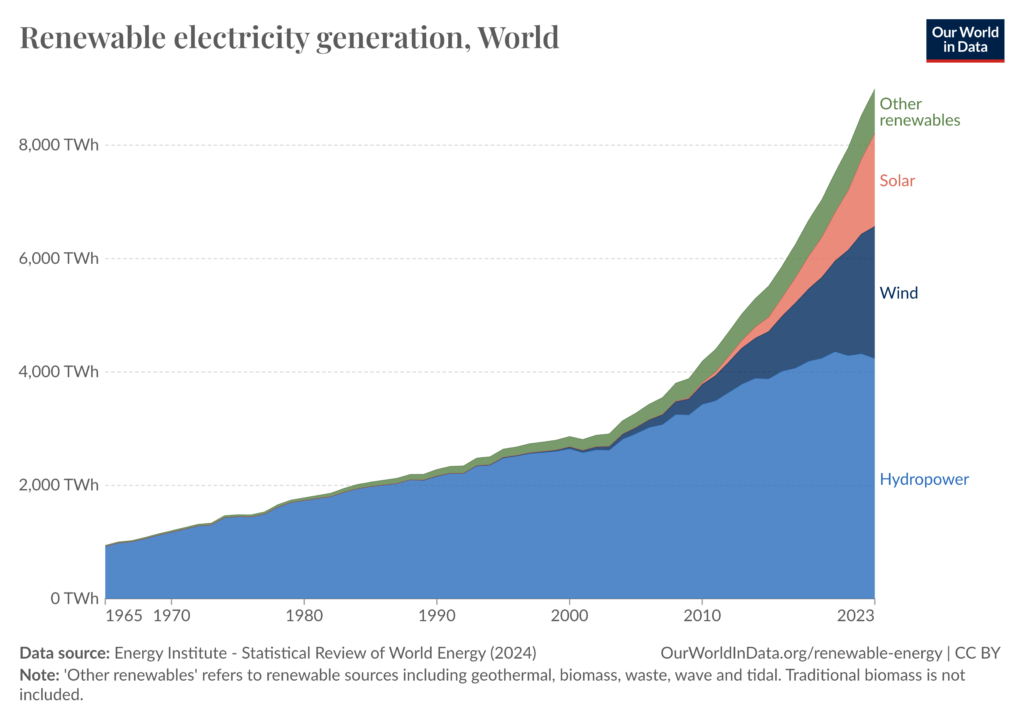
The Imperative of Adaptation
Even as we work to reduce emissions, we must adapt to the changes already occurring:
- Enhance Infrastructure Resilience
• Build sea walls and storm surge barriers
• Upgrade urban drainage systems
• Develop heat-resistant roads and buildings - Strengthen Food Systems
• Develop drought-resistant crops
• Implement efficient irrigation techniques
• Diversify food sources and supply chains - Protect Ecosystems
• Restore wetlands, mangroves, and other critical ecosystems for natural flood protection and biodiversity conservation
• Create wildlife corridors and protected areas to support species migration and prevent ecological collapse
• Implement sustainable forest and land management practices to maintain ecosystem services essential for human survival - Improve Health Systems
• Enhance early warning systems for heat waves and disease outbreaks
• Develop climate-resilient health infrastructure
• Research and prepare for emerging climate-related health threats
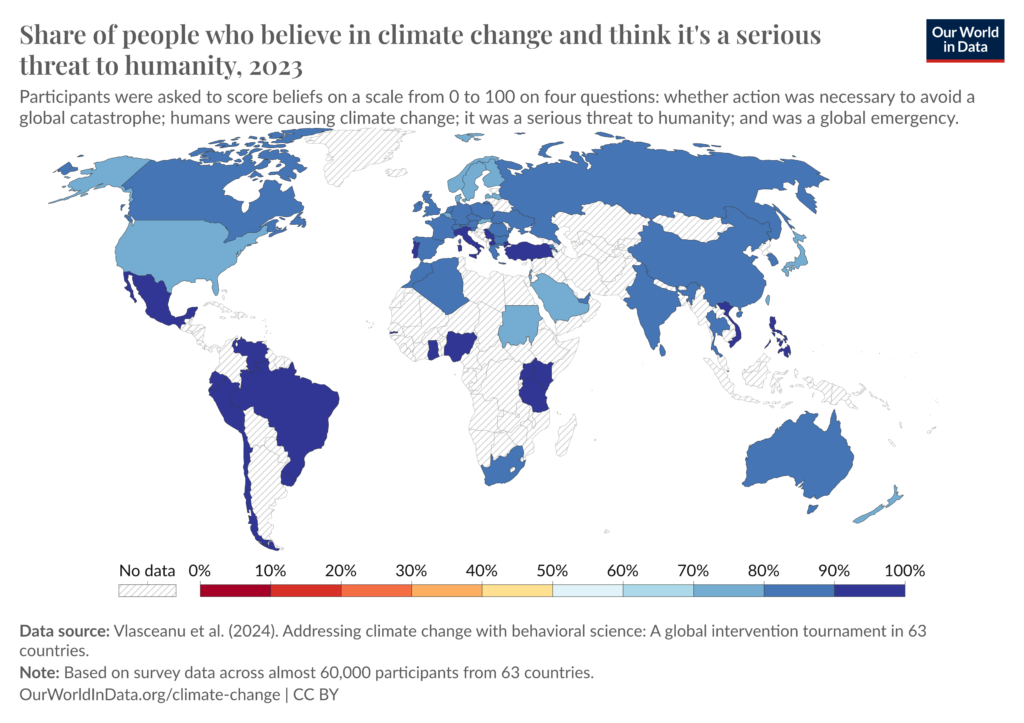
The Role of Innovation
Technology and innovation are crucial in our fight against climate change:
- Advanced Renewables: Next-generation solar, wind, and other clean energy technologies
- Carbon Capture and Storage: Technologies to remove CO2 from the atmosphere
- Smart Grids: AI-powered systems for efficient energy distribution
- Lab-grown Meat: Reducing the environmental impact of food production
- Advanced Materials: Developing more efficient, sustainable materials for construction and manufacturing
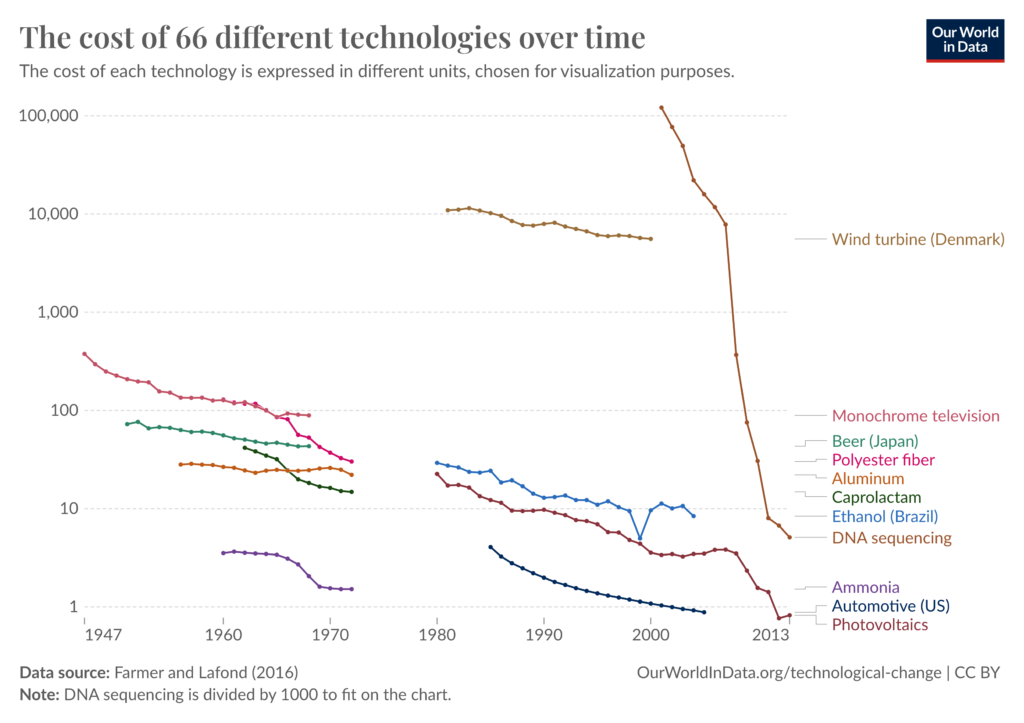
Global Cooperation is Key
Addressing climate change and preventing ecological collapse requires unprecedented global collaboration:
- International Agreements: Strengthening and implementing accords like the Paris Agreement and the Convention on Biological Diversity
- Technology Transfer: Sharing clean technologies with developing nations
- Climate Finance: Supporting vulnerable countries in mitigation and adaptation efforts
- Cross-sector Partnerships: Fostering collaboration between governments, businesses, and civil society
How You Can Make a Difference
Every individual has a role to play:
- Reduce your community’s carbon footprint, not just your own
- Advocate for climate-friendly policies at local and national levels
- Support businesses committed to sustainability
- Educate yourself and others about climate solutions
- Participate in community environmental and climate resilience projects
- Support renewable energy initiatives and sustainable technologies
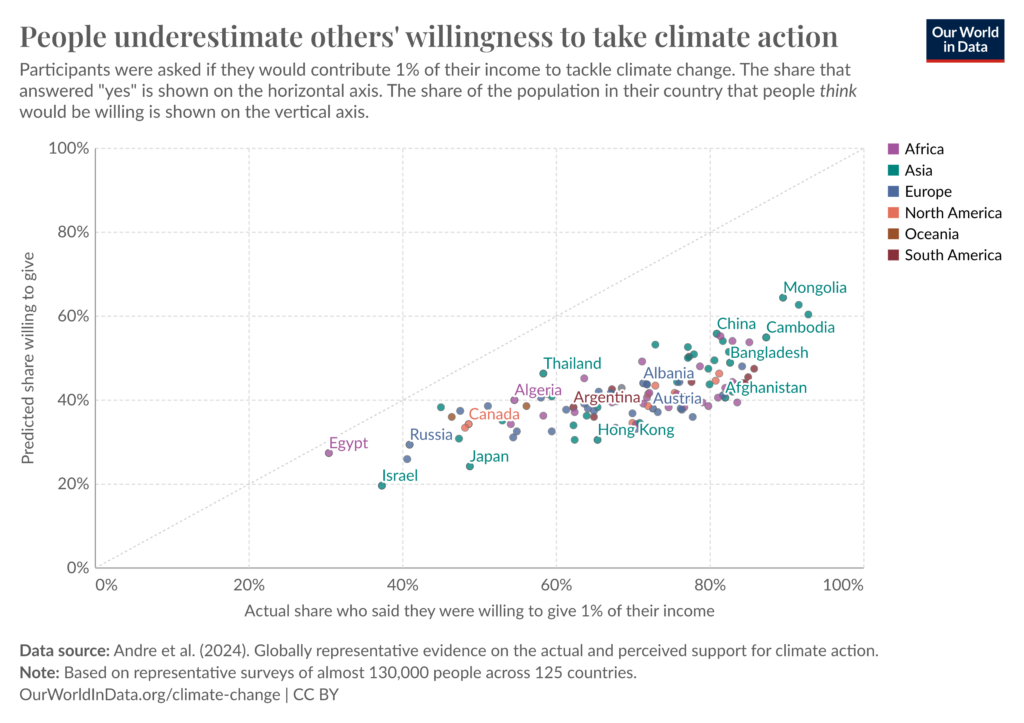
The Road Ahead
The challenge of climate change and the threat of ecological collapse are immense, but so is our capacity for innovation and collective action. By working together, we can create a world where all 10 billion people thrive in harmony with nature, powered by clean energy, nourished by sustainable food systems, and united in our stewardship of a healthy planet.
The next decade is crucial. The actions we take now will determine the climate reality for generations to come. We have the knowledge, the technology, and the resources to create a climate-resilient world and prevent ecological collapse. What we need now is collective will and decisive action.
Join us in this critical mission. Together, we can turn the tide on climate change and build a sustainable future for all.
